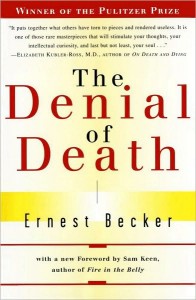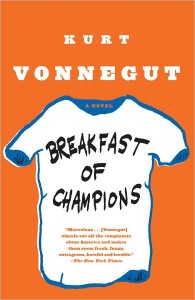 You’d think that this would be an easy one, but many people misuse the word literally. Literally means in reality or actually. If something happens literally, it really occurs. Figuratively refers to imagination or something that is hypothetical. When something happens figuratively, it doesn’t really occur.
You’d think that this would be an easy one, but many people misuse the word literally. Literally means in reality or actually. If something happens literally, it really occurs. Figuratively refers to imagination or something that is hypothetical. When something happens figuratively, it doesn’t really occur.
“She barked like a dog, literally.” Right or wrong? Wrong. Unless we’re talking about a German Shepherd, or a little schnauzer, a human woman can’t bark like a dog literally. She can bark like a dog metaphorically or figuratively speaking, but we wouldn’t phrase it that way. We would probably just say, “She barked like a dog!”
So, what’s the right way to use the term literally? “Forty-five people stood in line at the Dairy Queen on a hot summer night, but the DQ literally only had enough ice cream to feed twenty-nine of them.” As long as it took place and it makes sense in the real world, you can say literally.
Figuratively encompasses different forms of speech like metaphors and similies, when we compare something to something it’s not. The barking dog is a good example of a simile, which is a form of figurative speech that usually uses the term “like” or “as.” “He looked like a ghost” and “he swam like a fish” are both similies.
Sigrid Macdonald is the author of three books, including Be Your Own Editor http://tinyurl.com/7wnk5se and two erotic short stories, which she wrote under the pen name Tiffanie Good. Silver Publishing just released “The Pink Triangle,” a tale of friendship, lust, and betrayal. You can view her story here: http://tinyurl.com/6v65rgr


 We survived the cash crunch when magazine markets cut their budgets. Whether you freelance in writing, graphic design, or photography, you likely felt the squeeze.
We survived the cash crunch when magazine markets cut their budgets. Whether you freelance in writing, graphic design, or photography, you likely felt the squeeze.

 Denial of Death, by Ernest Becker. Written with “man” meaning “human,” and using masculine pronouns throughout, this book might appear unreservedly patriarchal and oppressive even if it wasn’t a discussion of the inevitability of death. But for writers, it’s a useful exploration of the existential dilemma and it offers an essential justification for going through life as an artist. It’s not easy reading, and it shouldn’t be read all at once, especially in seasons when the days are getting shorter. Still, I read through it every three years or so, just to see how much I’ve changed, and to see if I can find yet one more passage that will help me be a better and happier writer. Hint: the happy chapters are at the end.
Denial of Death, by Ernest Becker. Written with “man” meaning “human,” and using masculine pronouns throughout, this book might appear unreservedly patriarchal and oppressive even if it wasn’t a discussion of the inevitability of death. But for writers, it’s a useful exploration of the existential dilemma and it offers an essential justification for going through life as an artist. It’s not easy reading, and it shouldn’t be read all at once, especially in seasons when the days are getting shorter. Still, I read through it every three years or so, just to see how much I’ve changed, and to see if I can find yet one more passage that will help me be a better and happier writer. Hint: the happy chapters are at the end. Breakfast of Champions, by Kurt Vonnegut. Don’t discount the simplicity of Vonnegut’s prose. It’s far from simple-minded. Together with Slaughterhouse Five, BOC shows humanity to be a great and tragic phenomenon, one capable of the sublime, even as it acts on its own worst impulses. Tragedy doesn’t have to be sad, Vonnegut demonstrates, at least not when it’s this funny.
Breakfast of Champions, by Kurt Vonnegut. Don’t discount the simplicity of Vonnegut’s prose. It’s far from simple-minded. Together with Slaughterhouse Five, BOC shows humanity to be a great and tragic phenomenon, one capable of the sublime, even as it acts on its own worst impulses. Tragedy doesn’t have to be sad, Vonnegut demonstrates, at least not when it’s this funny.